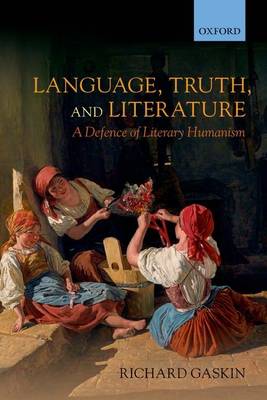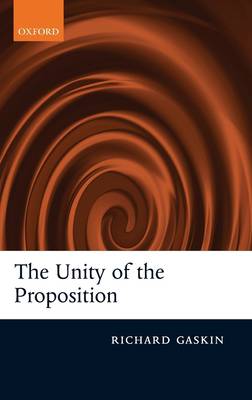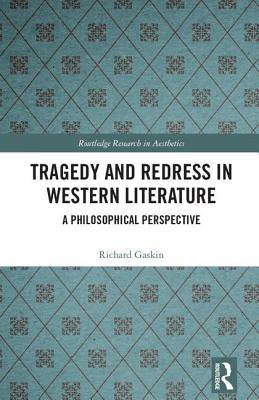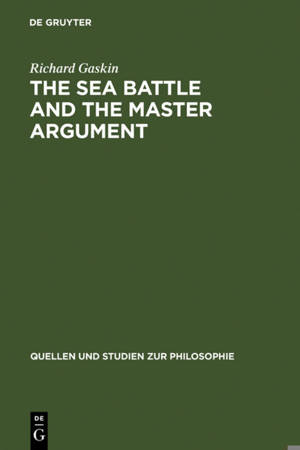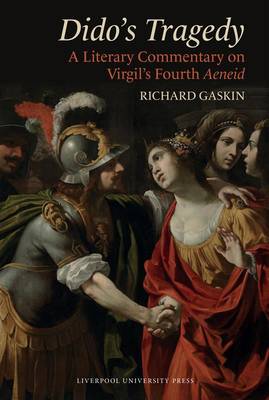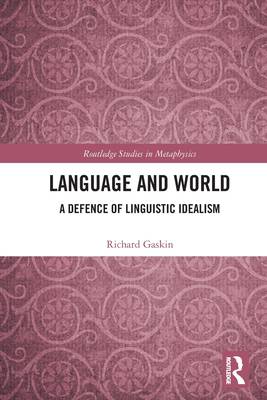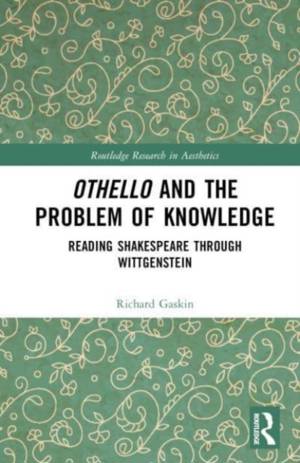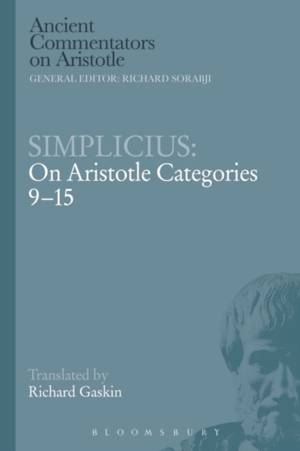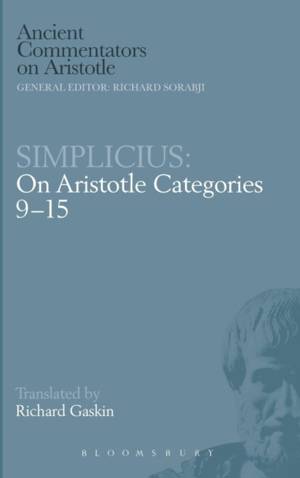
Je cadeautjes zeker op tijd in huis hebben voor de feestdagen? Kom langs in onze winkels en vind het perfecte geschenk!
- Afhalen na 1 uur in een winkel met voorraad
- Gratis thuislevering in België vanaf € 30
- Ruim aanbod met 7 miljoen producten
Je cadeautjes zeker op tijd in huis hebben voor de feestdagen? Kom langs in onze winkels en vind het perfecte geschenk!
- Afhalen na 1 uur in een winkel met voorraad
- Gratis thuislevering in België vanaf € 30
- Ruim aanbod met 7 miljoen producten
Zoeken
Boeken geschreven door Richard Gaskin
-
Language, Truth, and Literature
Richard Gaskin
- Paperback | Engels
- According to the literary humanist, works of imaginative literature have an objective meaning which is fixed at the time of their production and which... Lees meer
€ 58,45Levering 1 à 2 weken€ 58,45Levering 1 à 2 weken -
The Unity of the Proposition
Richard Gaskin
- Hardcover | Engels
- Richard Gaskin presents a work in the philosophy of language. He analyses what is distinctive about sentences and the propositions they express--what ... Lees meer
€ 298,45Levering 2 à 3 weken€ 298,45Levering 2 à 3 weken -
Experience and the World's Own Language
Richard Gaskin
- Hardcover | Engels
- John McDowell's "minimal empiricism" is one of the most influential and widely discussed doctrines in contemporary philosophy. Richard Gaskin subjects... Lees meer
€ 225,95Levering 2 à 3 weken€ 225,95Levering 2 à 3 weken -
Tragedy and Redress in Western Literature
Richard Gaskin
- Hardcover | Engels | Routledge Research in Aesthetics
- This book offers a unique interpretation of tragic literature in the Western tradition, deploying the method and style of Analytic philosophy. Richard... Lees meer
€ 335,95Levering 2 à 3 weken€ 335,95Levering 2 à 3 weken -
The Sea Battle and the Master Argument
Richard Gaskin
- Hardcover | Engels | Quellen Und Studien Zur Philosophie | nr. 40
- No detailed description available for "The Sea Battle and the Master Argument". Lees meer
€ 202,45Levertermijn 1 à 4 weken€ 202,45Levertermijn 1 à 4 weken -
Dido's Tragedy
Richard Gaskin
- Hardcover | Engels
- Dido's Tragedy is a literary commentary, highly original in both form and content, on the Latin text of Virgil's Aeneid , Book 4, which concerns the l... Lees meer
€ 271,45Levering 2 à 3 weken€ 271,45Levering 2 à 3 weken -
Language and World
Richard Gaskin
- Paperback | Engels | Routledge Studies in Metaphysics
- This book defends a version of linguistic idealism, the thesis that the world is a product of language. In the course of defending this radical thesis... Lees meer
€ 86,95Levering 2 à 3 weken€ 86,95Levering 2 à 3 weken -
Othello and the Problem of Knowledge
Richard Gaskin
- Hardcover | Engels | Routledge Research in Aesthetics
- This book analyses the epistemological problems that Shakespeare explores in Othello . In particular, it uses the methods of analytic philosophy, espe... Lees meer
€ 259,45Levering 2 à 3 weken€ 259,45Levering 2 à 3 weken -
Simplicius: On Aristotle Categories 9-15
Richard Gaskin
- Paperback | Engels | Ancient Commentators on Aristotle
- Aristotle classified the things in the world into ten categories: substance, quantity, quality, relative, etc. Plotinus, the founder of Neoplatonism, ... Lees meer
€ 88,45Levering 2 à 3 weken€ 88,45Levering 2 à 3 weken -
Simplicius
Richard Gaskin
- Hardcover | Engels | Ancient Commentators on Aristotle
- Aristotle classified the things in the world into ten categories: substance, quantity, quality, relative, etc. Plotinus, the founder of Neoplatonism, ... Lees meer
€ 183,45Verwachte leverdatum onbekend€ 183,45Verwachte leverdatum onbekend
10 van 10 resultaten getoond







